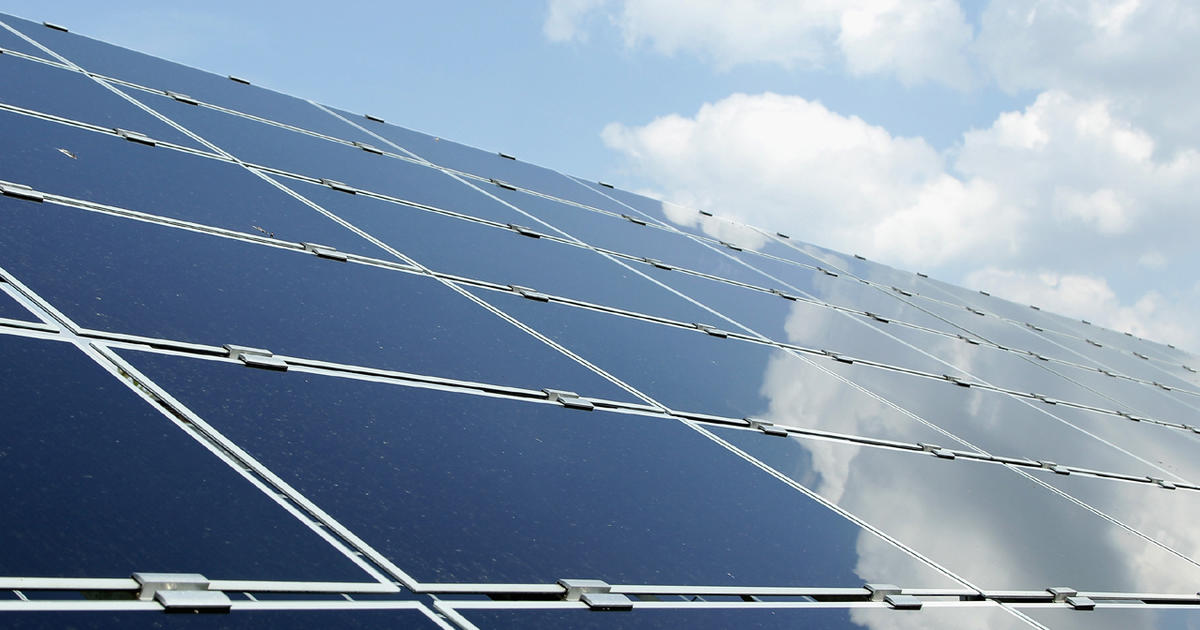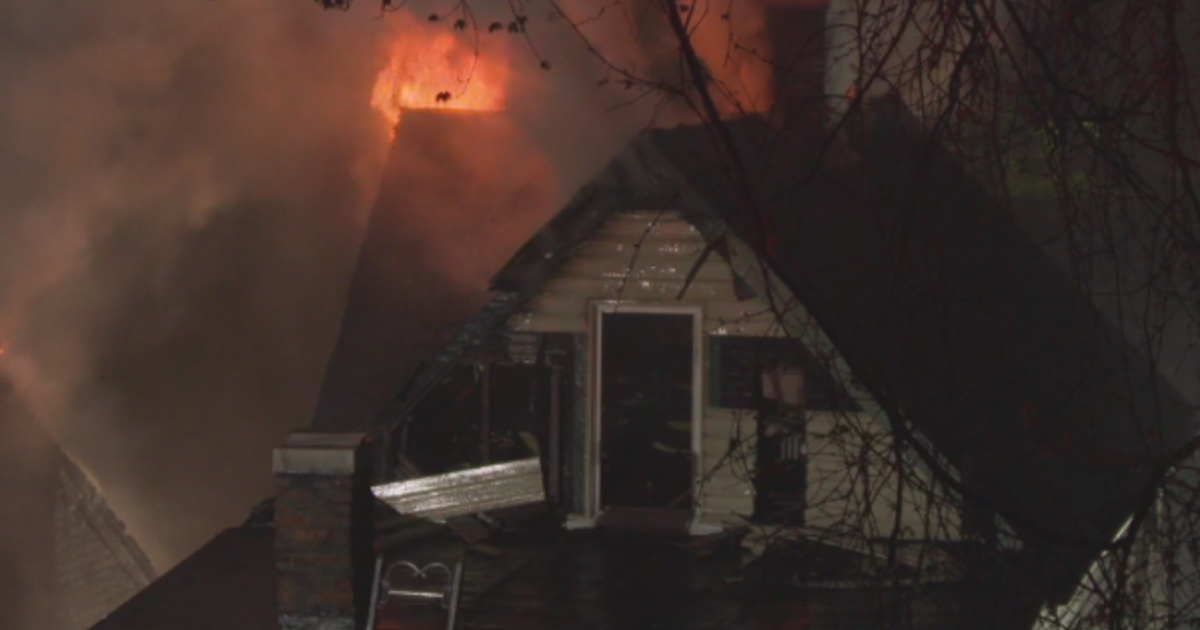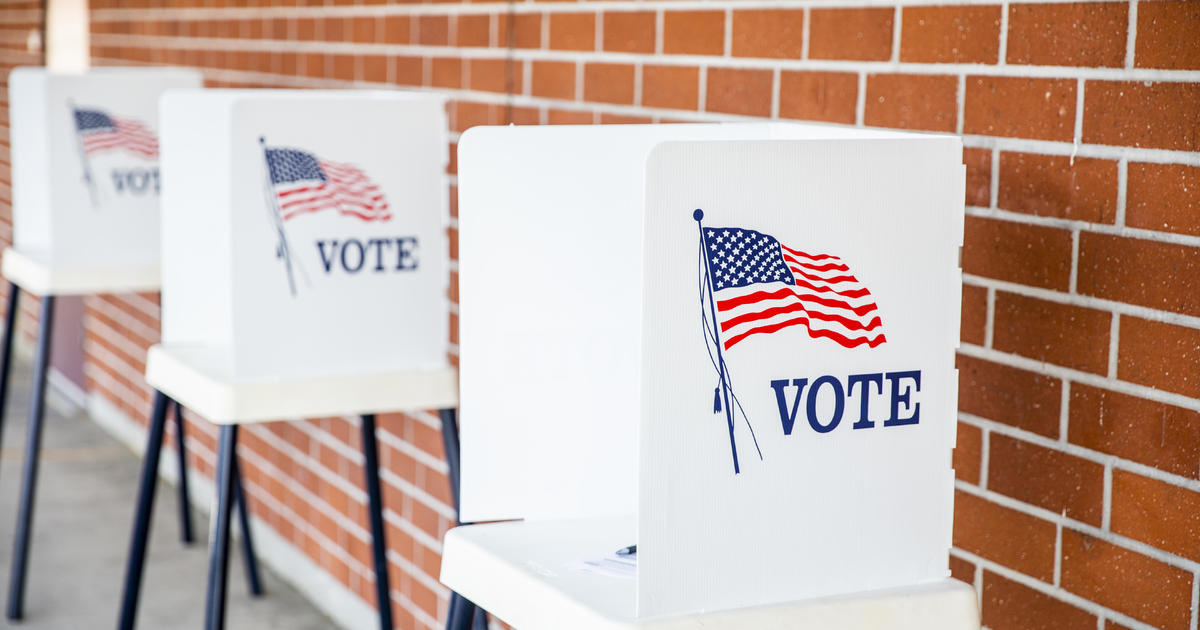Pennsylvania's Infrastructure Gets C-Minus From White House Report
WASHINGTON (AP/KDKA) — President Joe Biden wants Congress to know he's sincere about cutting a deal on infrastructure, but Republican lawmakers have deep-seated doubts about the scope of his proposed package, its tax hikes and Biden's premise that this is an inflection point for the U.S. as a world power.
Biden met Monday afternoon with a bipartisan group of lawmakers and tried to assure them that the Oval Office gathering was not "window dressing." One of the core disputes is over what counts as infrastructure in his $2.3 trillion proposal.
"I'm prepared to negotiate as to the extent of my infrastructure project, as well as how we pay for it," Biden said. "It's going to get down to what we call 'infrastructure.'"
Republican Sen. Roger Wicker of Mississippi indicated after the meeting that he was willing to negotiate with Biden and called it a "good discussion." But a more fundamental disagreement also emerged about whether the United States is losing its status atop the global economy because of its deteriorating infrastructure.
"He says that we're a declining superpower, the United States is no longer number one," Wicker said afterward. "I just fundamentally disagree with that."
The meeting came as the Biden's team is making a direct argument for lawmakers to put their constituents ahead of their ideologies. The White House released state-by-state breakdowns Monday that show the dire shape of roads, bridges, the power grid and housing affordability, among other issues. An appeal to the broader public is unlikely to resonate much with Republican lawmakers who have already blasted the plan.
The figures in the state summaries paint a decidedly bleak outlook for the world's largest economy after years of repairs being deferred and delayed. They suggest that too much infrastructure is unsafe for vehicles at any speed, while highlighting the costs of extreme weather events that have become more frequent with climate change as well as dead spots for broadband and a dearth of child care options.
Drawn from an array of private and public data, the state reports show there are 7,300 miles (11,748 kilometers) of highway in Michigan alone that are in poor condition. Damaged streets in North Carolina impose an average yearly cost of $500 on motorists. Iowa has 4,571 bridges in need of repair. There is a roughly 4-in-10 chance that a public transit vehicle in Indiana might be ready for the scrap yard. Pennsylvania's schools are short $1.4 billion for maintenance and upgrades.
Most states received a letter grade on their infrastructure. West Virginia earned a D. So did Biden's home state of Delaware. Of the states rated, the highest grade went to Georgia and Utah, which each notched a C-plus. The lowest grade, D-minus, went to the territory of Puerto Rico.
Pennsylvania received a C-minus. The report says there are 3,353 bridges and over 7,540 miles of highway in poor condition. It says 22% of trains and other transit vehicles are "past useful life." It also says extreme weather events have cost the state up to $10 billion in damages.
The administration is banking that the data will confirm the everyday experiences of Americans as they bump over potholes, get trapped in traffic jams and wait for buses that almost never correspond to published schedules. There is already a receptive audience to the sales pitch, and the strategy is that public support can overcome any congressional misgivings.
(TM and © Copyright 2020 CBS Broadcasting Inc. All Rights Reserved. This material may not be published, broadcast, rewritten, or redistributed. The Associated Press contributed to this report.)



